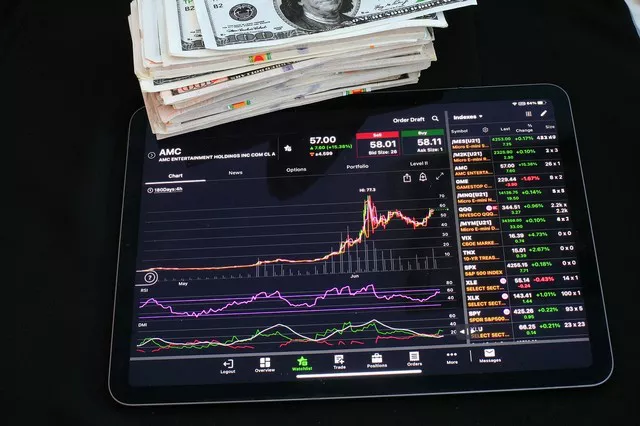(New York) — In a significant move for the cryptocurrency market, the U.S. Securities and Exchange Commission (SEC) has approved the launch of three XRP futures-based exchange-traded funds (ETFs) by ProShares Trust. The ETFs are scheduled to debut on April 30, according to a recent SEC filing. ProShares initially proposed these products on January 17, shortly before the inauguration of crypto-friendly President Donald Trump.
The newly sanctioned ETFs are:
- Ultra XRP ETF, offering 2x leveraged exposure to XRP futures,
- Short XRP ETF, providing inverse (-1x) exposure,
- Ultra Short XRP ETF, delivering inverse (-2x) exposure.
These will be the second, third, and fourth XRP-related ETFs introduced in the United States, following the successful launch of Teucrium’s first XRP futures ETF on April 8. That launch was met with strong market enthusiasm.
Unlike spot ETFs, futures-based ETFs allow investors to speculate on XRP price movements through futures contracts without owning the underlying tokens. ProShares’ ETFs will track the XRP Index rather than requiring direct purchases of XRP. Meanwhile, ProShares has also filed a separate application for a spot XRP ETF, which remains under SEC review. Notably, Brazil’s Hashdex has already launched a spot XRP ETF, highlighting growing global momentum around XRP investment products.
The introduction of these futures ETFs represents a major step forward, offering a regulated path for both retail and institutional investors to engage with XRP. Following the SEC’s approval, XRP’s price jumped 3.5% over the past 24 hours to $2.27, bringing its market capitalization to over $312 billion. Interestingly, XRP’s rise occurred while most major cryptocurrencies were experiencing declines, underscoring a unique positive sentiment around the asset.
This development also marks a crucial win for Ripple Labs, the company behind XRP, which has battled the SEC in court for years. Since Trump’s election and the appointment of Paul Atkins as SEC Chairman, the regulatory tone toward crypto has notably softened. Atkins recently commented that the existing framework “requires significant modernization,” suggesting a shift toward a more innovation-friendly regulatory environment.
Ripple’s legal saga with the SEC dates back to 2020, when the regulator sued Ripple for allegedly selling XRP as an unregistered security. In July 2023, Ripple scored a partial victory when a judge ruled that XRP is not a security when traded on secondary markets, though institutional sales were deemed unregistered securities. Ripple agreed to pay a $125 million fine, which the SEC later appealed.
However, on March 19, Ripple CEO Brad Garlinghouse announced that the SEC had agreed to withdraw its appeal, pending a Commission vote. Calling it a “historic victory,” Garlinghouse highlighted the potential market-wide implications. On April 10, Ripple and the SEC jointly filed a motion to pause court proceedings and discuss settlement terms.
A resolution to this long-running case could establish an important precedent: that digital tokens traded on public exchanges are not automatically classified as securities under U.S. law — a major milestone for the broader cryptocurrency ecosystem.


